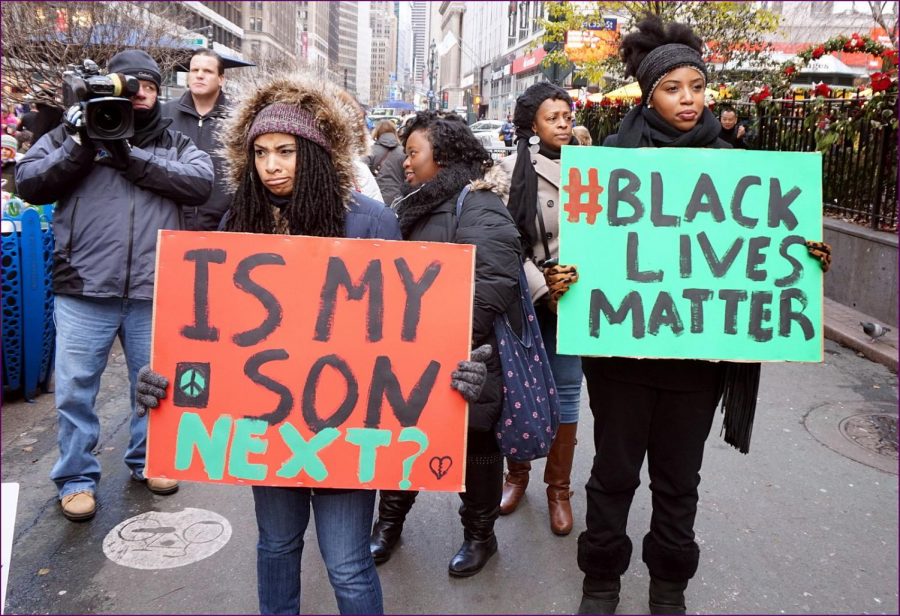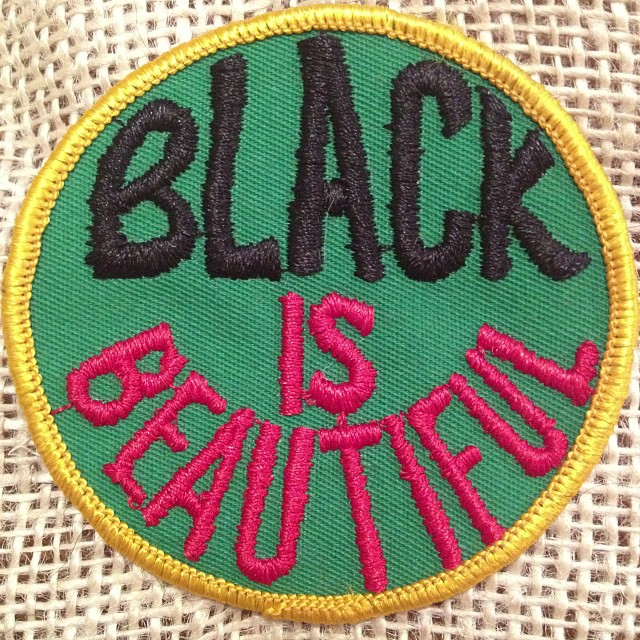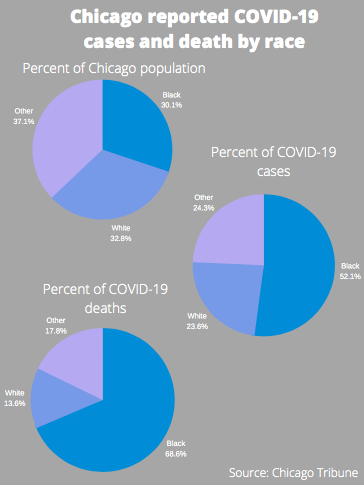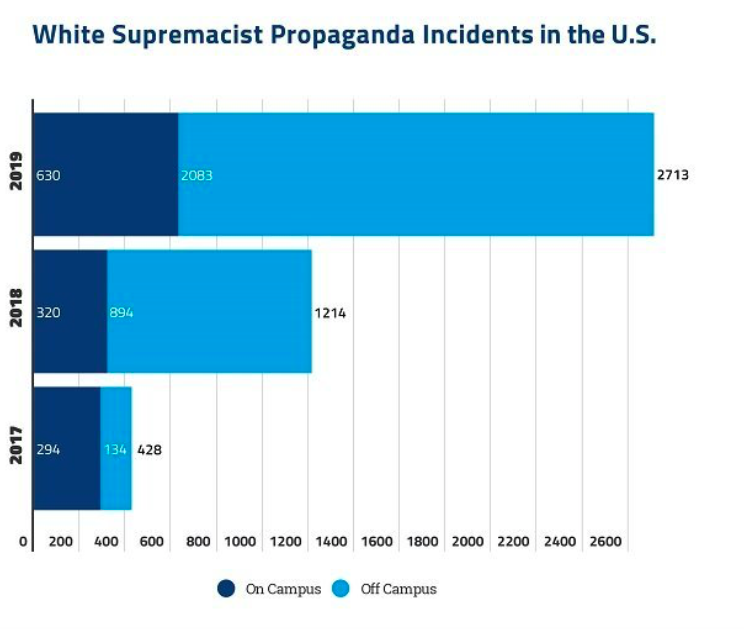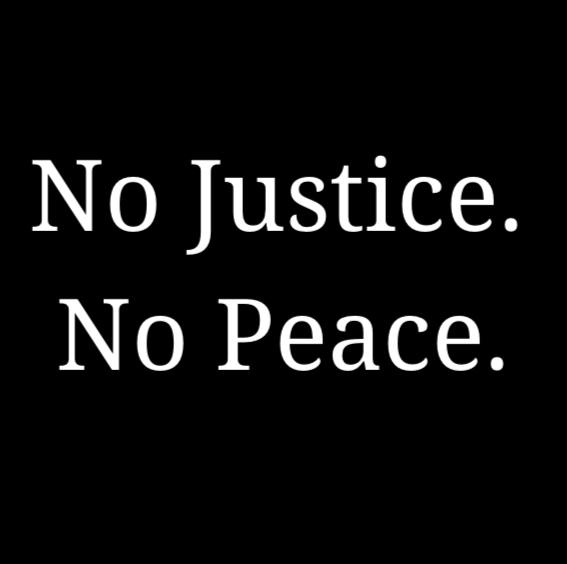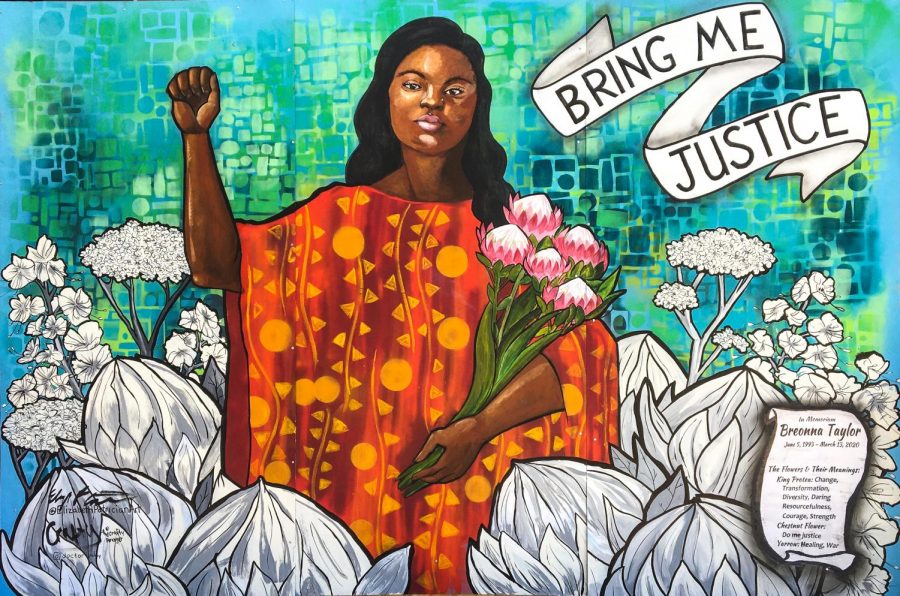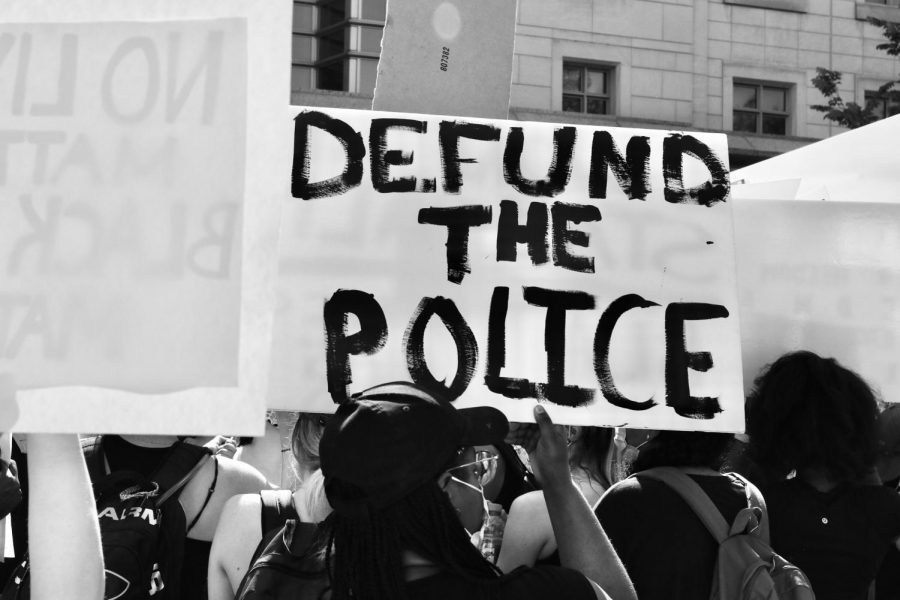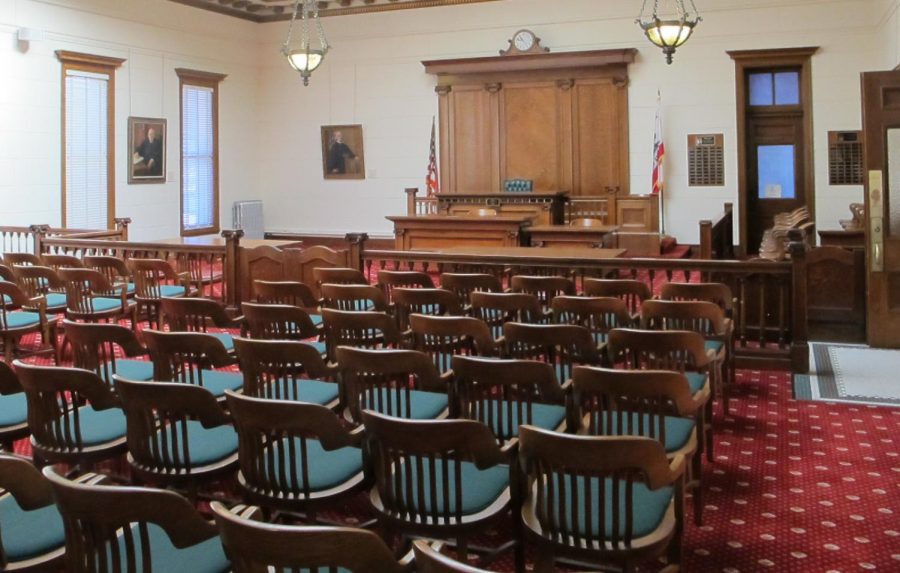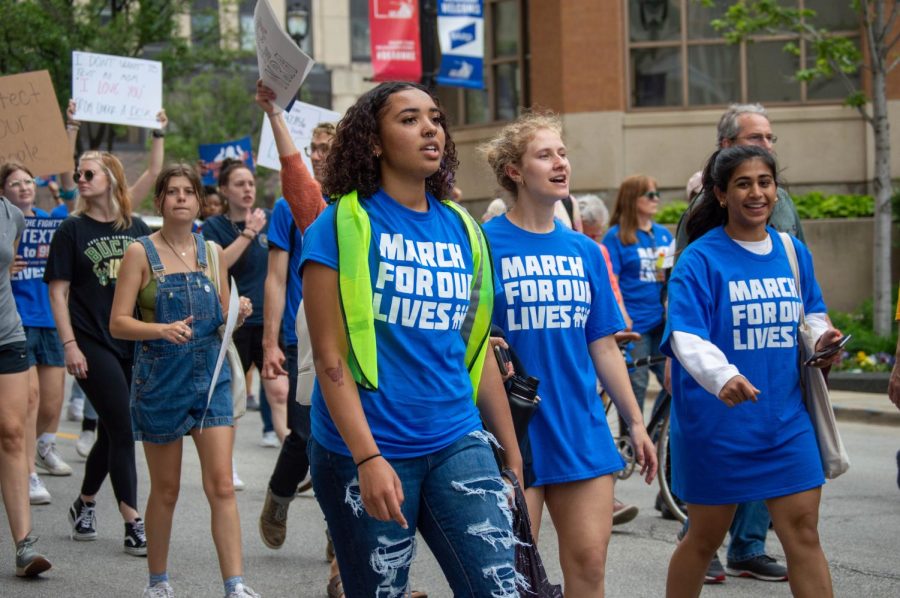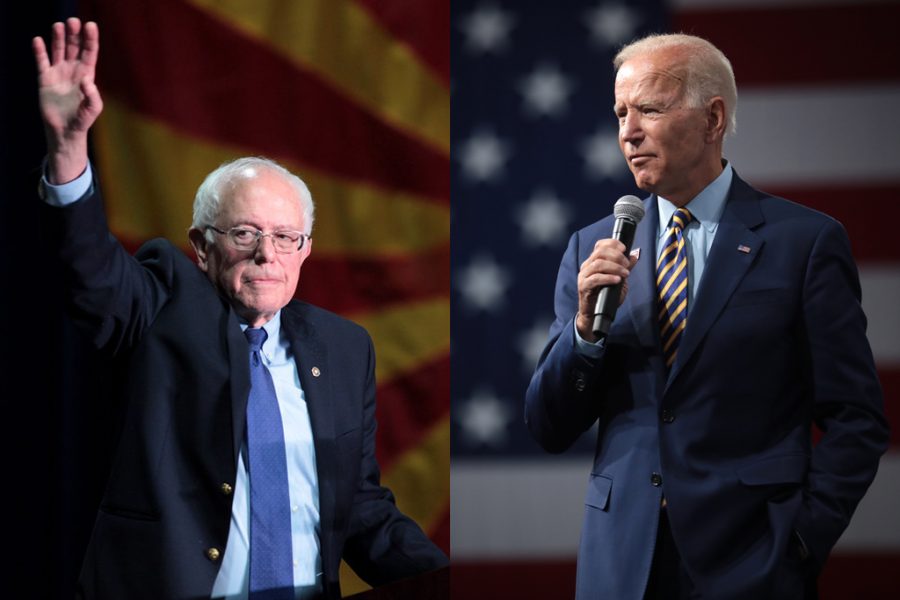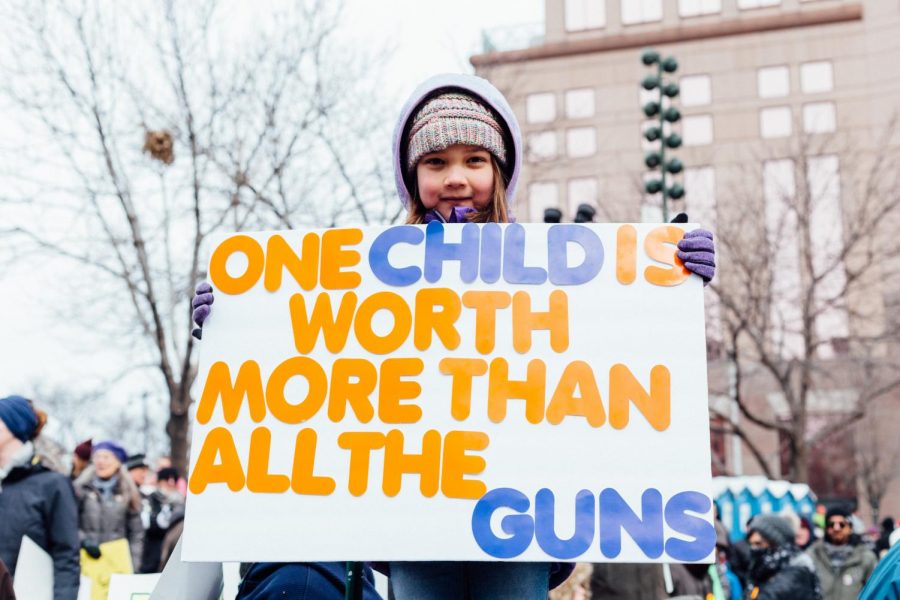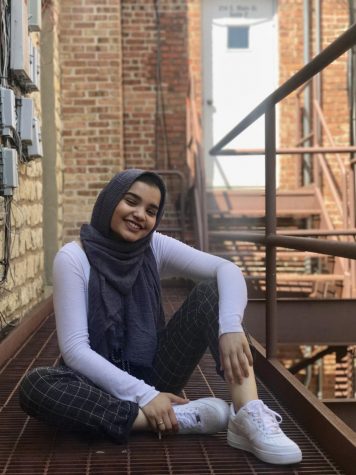On March 24, millions of activists took a stand to demand greater gun control in the wake of the Marjory Stoneman Douglas High School shooting. These activists included students, celebrities and hunters who support gun control.
One of those celebrities was Selena Gomez, who posted a picture on Instagram with another marcher, stating that families and children have suffered enough and that she will play a part to bring change. The hashtags on the post include “#marchforourlives” and “#notjustahashtag.” Her words gave support to the students who began the movement. Her choice of writing “#notjustahashtag” is what stuck out though.
In July 2016, in response to a question about the Black Lives Matter movement, she tweeted, “so that means if I hashtag something I save lives? No I could give two f—s about ‘sides.’” The outright hypocrisy in her comments about the two movements is now seen in a handful of celebrities and activists.
Why did the white Stoneman Douglas students have the opportunity to be strong and empowered on the cover of Time magazine while the cover about the Black Lives Matter movement was of an African American boy covering his face and running from the cops? Why do the vast number of supporters of gun reform only came out to protest during March for Our Lives? Why are the students of color from the high school not in the same spotlight?
The Black Lives Matter movement and the March for Our Lives are ignited by the same flame. They both surround the topic of gun reform and stricter gun control. Black Lives Matter specifies police gun reform in particular, but both issues are under the same overarching idea.
The Black Lives Matter protests started when Trayvon Martin was undeservingly shot by a gunman. The same problems exist in both movements, and the need for stricter gun laws will be a step toward solving both social injustices. The media needs to keep discussing issues in communities of color to make them the forefront of the country’s priorities next to the problems of white victims.
Supporters of Black Lives Matter are labeled as violent and forceful, whereas the white students are influential and game-changing. Because of the negative stereotypes correlated with African Americans, the movement receives harmful attention. The Black Lives Matter activists, especially the teenagers, need to know that their work is as game-changing, influential and needed as the March for Our Lives.
These movements aimed at ending police brutality and gun violence only gain legitimacy when targeted toward white communities. Comments like Gomez’s and other white protestors show the reality of white privilege, especially during troubling social issues.
The lack of support for Black Lives Matter compared to March for Our Lives makes it seem as if the killing of black lives are normal and not as important as white targets. Black Lives Matter needs to be seen as important enough to have 200,000 marchers come and support its cause. There should not be a disparity between the two because one focuses on African Americans.
This is not the fault of the March for Our Lives students in any way. They did what was needed during an important time to truly emphasize the issues at hand. The students themselves even make it a point to emphasize the people of color affected. One of the Douglas activists, David Hogg, said, “My school is about 25 percent black, but the way we’re covered doesn’t reflect that.”
The problem comes from those who do not give the same importance to the African American community. There is a societal, systemic problem which hinders African Americans. It is our job to work to change the system so future generations do not have to struggle the way blacks are today. We must show our support for them in their dire times of need to ensure a fair method for all.


